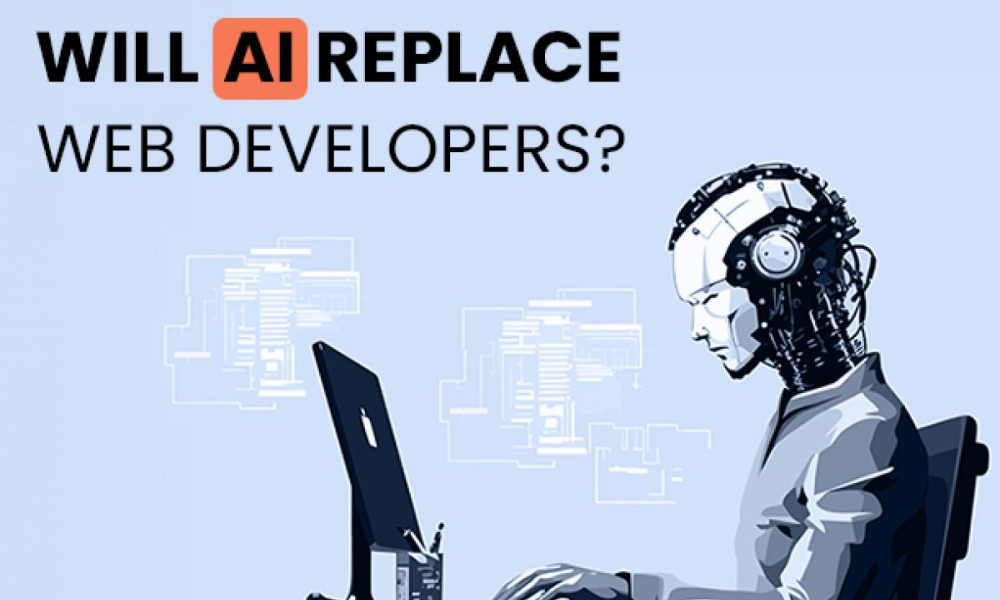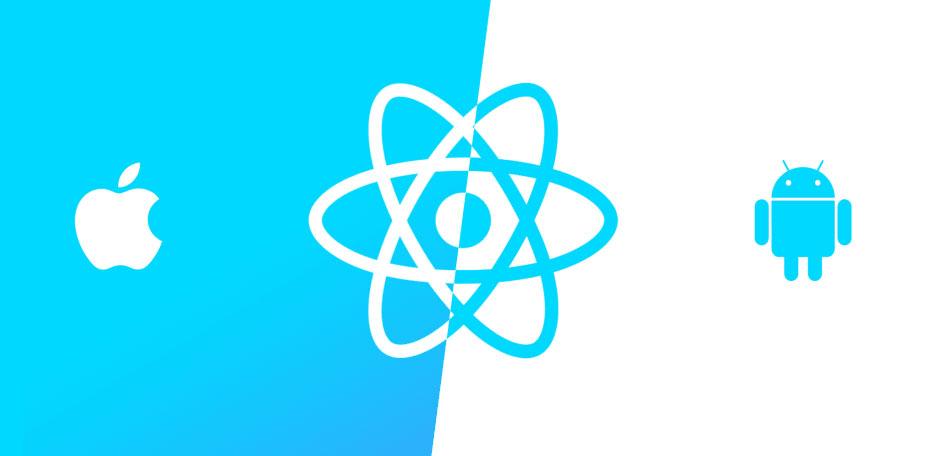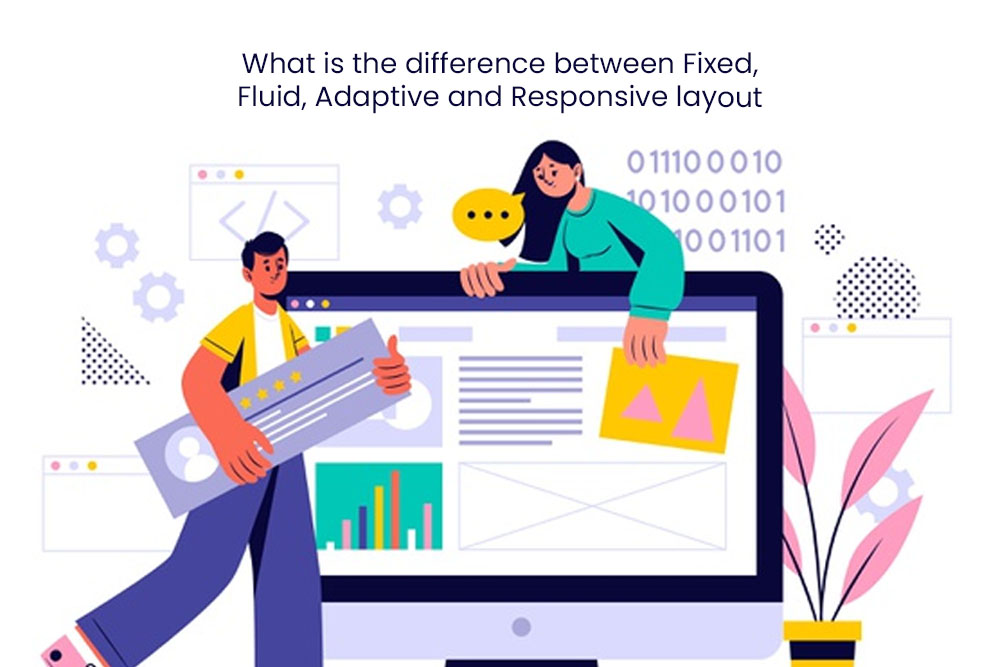As the Internet of Things (IoT), augmented reality (AR), virtual reality (VR), blockchain, and other digital technologies continue to grow, many are wondering whether AI could eventually replace human site developers.
Artificial intelligence (AI) is revolutionizing web development. It makes processes easier, faster, and more productive. Nevertheless, ChatGPT and other AI-driven solutions prove that AI’s power is indisputable.
The anticipated growth of the artificial intelligence sector to a $126 billion market by 2025 is prompting businesses to recognize the significance of AI in web development.
While the question of whether AI will render human web developers obsolete lingers, it is critical to investigate the potential and effects of AI in web development. Read on to learn more.
New AI technologies for website development
AI has brought the radical changes to the web development domain, which has resulted in multiple advantages and upgrades. The main topic covers making websites both visitor-specific and automatic.
Imagine a world in which you don’t need to update your code frequently. The ability of AI in generating code snippets and templates considerably makes the work of developers much easier. The analysis of user data is another benefit of AI which results in the provision of customized content and interfaces.
AI can be used to make websites more visually attractive as well. Through natural language processing, it can recognize user input and react adequately. On top of this, the technology that is used for identifying and optimizing photos through image recognition rises the visual attractiveness of any physical entity.
Web creation is being driven by artificial intelligence into an intelligent direction. It synergizes processes, adds a personal feel, and bumps websites up a notch. Having an intelligent assistant that eases you through the web development process and at the same time makes you to enjoy every minute of it is like having a magic wand.
What you can achieve with AI in web development?
Web developers and users may both reap the benefits of AI’s many industry-wide benefits, which enhance our job and simplify our lives. There will still be a need for humans, even with AI’s many advantages. Some of the several excellent arguments in favor of using AI in website development are as follows:
Process simplification
Artificial intelligence (AI) automates the two tiresome but essential processes of web development: code generation and testing. This saves a lot of time and energy, which developers can then utilize in creating and designing the more harder to do aspects of the development. With web development technology, tasks can be completed faster and more efficiently.
Improved user experience
A better user experience is the result where AI is used in website personalization and recommendation systems. Thanks to AI algorithms that study user behavior and preferences, personalized user interfaces, product recommendations, and content can be generated.
Smart design assistance
Thanks to artificial intelligence, now web developers can get the smart design assistance in the form of improved design help. They could study the trends in design, suggest a new layout and provide advices about colors, typography, and other factors. Through the implementation of these standards developers may build up designs that are both visually appealing and easy to use for the users, hence the quality of their websites is improved.
Invaluable insights
Web developers may get invaluable insights on sophisticated data analytics from artificial intelligence algorithms that can sort through massive amounts of user data. Having a solid understanding of user behavior, traffic patterns, and conversion rates allows developers to make data-driven decisions, improve website performance, and enhance the user experience.
Limitations of AI in web development
Recognizing the limitations of Artificial Intelligence (AI) is crucial as it continues to revolutionize web development. Automating rule-based and repetitive tasks is where artificial intelligence (AI) really shines, but when it comes to creative tasks, it falls short. This limitation becomes most apparent during the creative phases of web development, such as creating unique user experiences or designing user interfaces that are both intuitive and imaginative. Here are the three primary downsides of AI in web development:
AI isn’t very creative
While AI excels at routine tasks and obeying instructions, it lacks the imagination of human artists. Creating visually beautiful interfaces and intuitive user experiences are two examples of the creative side of web development where human intuition and creativity thrive. For instance, AI isn’t yet creative enough to design and develop websites tailored to individual brands.
Lacks a human touch
One drawback of AI-powered website design is the absence of a genuine human element. When dealing with sensitive or complex situations, human engineers provide empathy and expert knowledge that AI just cannot replicate.
So, you’re thinking about getting some knowledge about customer service online. While AI-powered chatbots can handle simple questions, they can have trouble understanding complex human emotions and needs.
AI cannot understand complicated things
Since AI relies on input data to understand human behavior and conversation, it may struggle. Due to the project-specific nature of coding and the complexity of web development problems, AI may have difficulty in this field.
So, can AI really replace web developers?
No, the use of AI by web developers will persist for many reasons.
One well-known website builder is WordPress. Its potential to replace human web developers was a worry voiced by some industry analysts a few years ago, but it wasn’t successful.
Why?
According to the numbers, technology leads to more job openings, especially in sectors like machine learning and artificial intelligence. Subject matter specialists are highly sought for. On top of that, AI and computers aren’t perfect. So, AI is helpful, but it can’t take the place of human site creators; it can only supplement them.
Conclusion
As technology is evolving at such a quick rate, many have wondered whether AI may eventually displace web developers. It becomes apparent that AI isn’t designed to replace human developers but complement them when we examine facts, examples, and prior experiences to understand AI’s function in web development better.
Drawing parallels to earlier worries about WordPress displacing developers, it becomes apparent that collaborative efforts result in innovative solutions rather than displacement.
Human developers are essential in the process of creating websites. Their innovative problem-solving skills, keen understanding of client needs, and capacity for original thought are unparalleled. The limitations of AI, such as its inability to think creatively or provide a human touch, highlight the critical role that human creators play.




